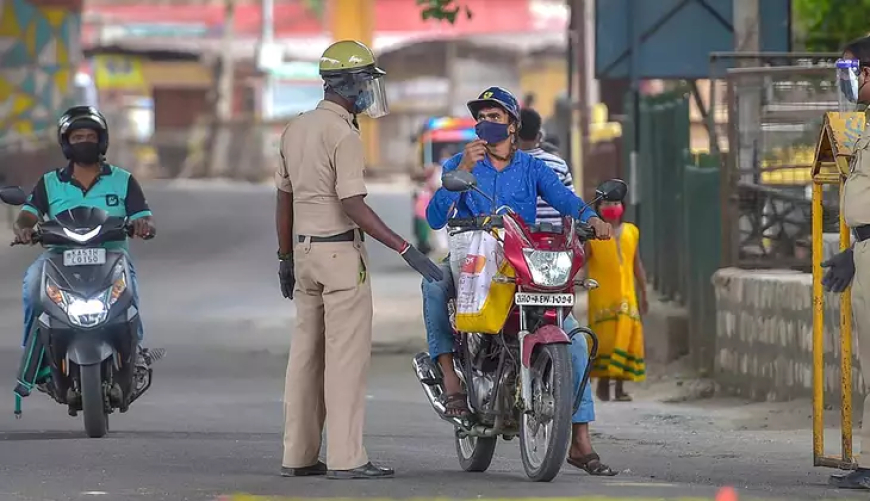Bengaluru,In a landmark decision, the Karnataka High Court has clarified the impact of not wearing a helmet on compensation claims for road accident victims, emphasizing that such contributory negligence should not lead to a drastic reduction in compensation. This ruling came from an appeal filed by Sadath Ali Khan, who sought an enhancement of the compensation amount awarded by the Motor Accident Claim Tribunal.
The case was adjudicated by a division bench consisting of Justice K. Somashekhar and Justice Dr. Chillakur Sumalatha. Khan, a wooden toy manufacturer, had been awarded Rs. 5,61,600 by the tribunal, which had taken into account his violation of the helmet-wearing requirement as stipulated under Section 129(a) of the Motor Vehicles Act. The tribunal's decision to reduce the compensation was based on Khan’s failure to adhere to this safety regulation.
In its ruling, the High Court acknowledged that not wearing protective headgear could be seen as contributing to the severity of injuries sustained in an accident. However, the court stressed that this does not negate the claimant’s right to fair compensation. The bench underscored that the principle of "just compensation" requires courts to award damages that are equitable and reflective of the actual losses and nature of injuries, without imposing an unjust reduction due to minor infractions.
The court noted that the penalty for not wearing a helmet is relatively minor—either a fine of Rs. 1,000 or a suspension of the driving license for three months. Consequently, the bench deemed it unjust to reduce the insurance claim amount by 10% to 15% based on this infraction.
In light of these considerations, the High Court modified the tribunal's order, increasing the compensation amount to Rs. 6,80,200. The court highlighted that the Motor Vehicles Act is intended to be a beneficial piece of legislation, aiming to ensure that victims receive adequate compensation for their injuries and losses. The bench concluded that, given the specific facts and circumstances of the case, the entire liability should be borne by the insurance company, respondent No.2.
The decision reflects a commitment to ensuring that compensation is fair and reasonable, reinforcing the principle that the primary focus should be on adequately addressing the claimant’s losses rather than unduly penalizing them for safety violations.




 Previous
Article
Previous
Article











